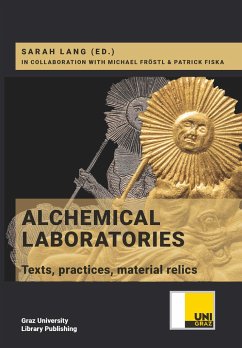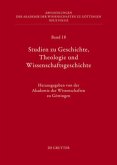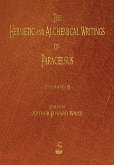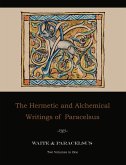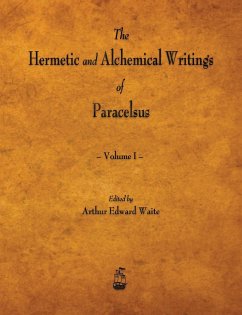The alchemical laboratory was a seminal site for the birth of modern science. Before their institutionalization, chymical laboratories were typically makeshift and multipurpose, necessitating an interdisciplinary approach to fully comprehend their role in the evolution of experimental knowledge-making. The international symposium "Alchemical Laboratories: Texts, Practices, Material Relics," which took place in Vienna and Oberstockstall in February 2020, offered a comprehensive exploration of this topic, addressing themes like alchemical experiments as courtly spectacles, the materiality of courtly chymical practice, and the day-to-day operations within early chymical laboratories. The early modern alchemical laboratory is discernible through both textual and material evidence, indicating its significance among practitioners, scholars, aristocrats, and royalty. For instance, the 16th-century laboratory excavated at Oberstockstall Manor (Lower Austria), along with aristocratic correspondence and alchemical medals from the Coin Collection of the Kunsthistorisches Museum Vienna, illuminates the cultural resonance of chymical practices of the era. These relics not only reveal the more technical aspects of alchemy but also its role as an exclusive form of entertainment in elite social circles. This edited collection (Sarah Lang ed.) results from the international symposium "Alchemical Laboratories. Text, practices, material relics" in Vienna and Oberstockstall in 2020. Das alchemische Labor war ein Geburtsort der modernen Wissenschaft. Vor ihrer Institutionalisierung waren chymische Labore zumeist provisorischen und multifunktionalen Charakters. Das internationale Symposium "Alchemistische Labore: Texte, Praktiken, materielle Hinterlassenschaften", das im Februar 2020 in Wien und Oberstockstall stattfand, behandelte alchemistische Schauexperimente bei Hofe, materielle Hinterlassenschaften chymischer Praxis sowie das alltägliche Leben in Laboren aus interdisziplinärer Perspektive. Das frühneuzeitliche alchemische Labor ist sowohl durch textuelle als auch materielle Hinterlassenschaft greifbar, was auf seine zentrale Bedeutung unter Praktikern, Gelehrten und dem Adel hinweist. Zum Beispiel beleuchtet das Labor von Oberstockstall (Niederösterreich), zusammen mit aristokratischer Korrespondenz und alchemistischen Medaillen aus der Münzsammlung des Kunsthistorischen Museums Wien, die kulturelle Resonanz der chymischen Praktiken jener Epoche. Diese Relikte offenbaren nicht nur die technischen Aspekte der Alchemie, sondern auch ihre Rolle als exklusive Unterhaltungsform sozialer Eliten. Dieser Sammelband (Sarah Lang, Hrsg.) ist als Open Access Ausgabe bei University Graz Library Publishing erschienen ( https://library-publishing.uni-graz.at/index.php/lp/catalog/book/56 ).
Hinweis: Dieser Artikel kann nur an eine deutsche Lieferadresse ausgeliefert werden.
Hinweis: Dieser Artikel kann nur an eine deutsche Lieferadresse ausgeliefert werden.

